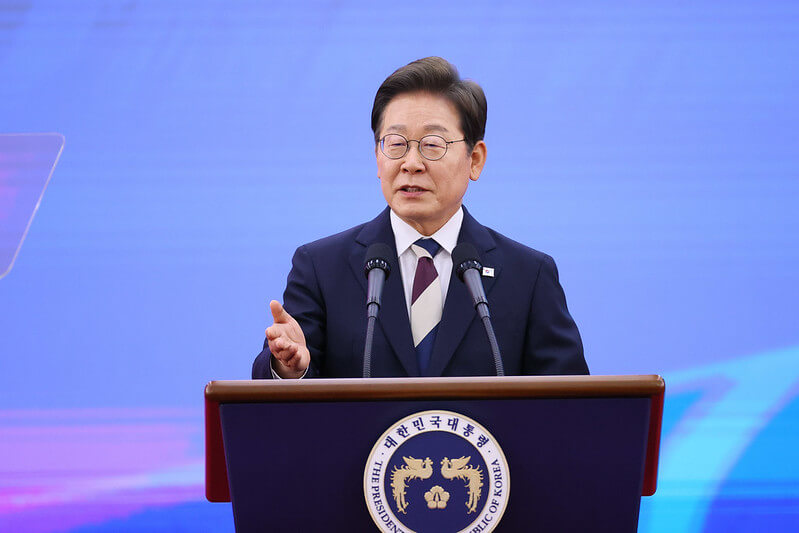South Korea Strengthens Corporate Governance to Boost Equity Valuations
South Korea Strengthens Corporate Governance to Boost Equity Valuations
By
Junia Wells
Last updated:
August 25, 2025
First Published:
August 25, 2025

Photo: Impakter
South Korea’s parliament passed a significant Commercial Act amendment on Monday, aimed at improving corporate governance and addressing the country’s historically low equity valuations. The bill, pushed by the ruling Democratic Party, introduces stricter oversight mechanisms for large companies and expands shareholder rights, signaling a major shift in the governance landscape.
Key Changes in the Commercial Act
The revised legislation, a follow-up to earlier reforms passed on July 3, focuses on several governance enhancements:
- Large companies will now conduct separate votes for audit committee members, strengthening board accountability.
- Minority shareholders will gain the right to elect their own representatives to the board, a move designed to curb the dominance of controlling shareholders.
- A cumulative voting system will be introduced, allowing shareholders to allocate votes across multiple candidates, thereby increasing influence for smaller investors.
Kim Jin-wook, a Citi Research analyst based in Seoul, noted that these changes are intended to improve transparency and oversight, which could help narrow the so-called “Korea Discount” — a phenomenon where South Korean companies trade at lower valuations compared to global peers due to opaque governance structures.
Political Backdrop
The ruling Democratic Party, which holds the majority in South Korea’s 300-seat parliament, was able to pass the bill despite strong opposition from corporate groups. President Lee Jae Myung has championed legislation to curb abuses by controlling shareholders, emphasizing that better corporate governance can enhance investor confidence and attract foreign capital.
The bill had faced delays and veto threats under previous leadership. Acting President Han Duck-soo had sided with conglomerates in the past, highlighting the contentious nature of governance reforms in South Korea.
Corporate Opposition
South Korean businesses expressed concern over the amendments, warning that they could increase management disputes and litigation risks.
“We regret that the National Assembly passed a supplementary amendment to the Commercial Act just a month after the first revision,” said the Federation of Korean Industries. The group specifically cited the expanded separate election of audit committee members and the cumulative voting system as areas that could generate conflict within boards and raise compliance costs.
Despite these warnings, lawmakers argue that stronger governance frameworks are essential for modernizing South Korea’s corporate sector and enhancing shareholder value.
Market Implications
Analysts suggest that the amendments could have a meaningful impact on South Korea’s equity market:
- Improved governance may attract foreign institutional investors, who have often been deterred by opaque board structures.
- Companies may face short-term operational disruptions due to changes in board election procedures, but long-term investor confidence is expected to rise.
- The reforms could gradually reduce the Korea Discount, helping valuations converge with international peers in sectors such as technology, automotive, and heavy industry.
With the passage of these amendments, South Korea is taking a decisive step toward modernizing corporate governance and empowering minority shareholders. While the changes have sparked controversy among conglomerates, they mark a clear commitment from the government to enhance transparency, protect investors, and potentially boost equity valuations in the long run.
Popular articles
Subscribe to unlock premium content
How Blue Bottle Coffee Became a $700M Specialty Coffee Icon

Gordon Moore: The Man Behind Moore’s Law and the Tech Revolution

How Shein Became a Fast Fashion Powerhouse Without Traditional Advertising

How Blue Bottle Coffee Became a $700M Specialty Coffee Icon

Gordon Moore: The Man Behind Moore’s Law and the Tech Revolution

How Blue Bottle Coffee Became a $700M Specialty Coffee Icon









